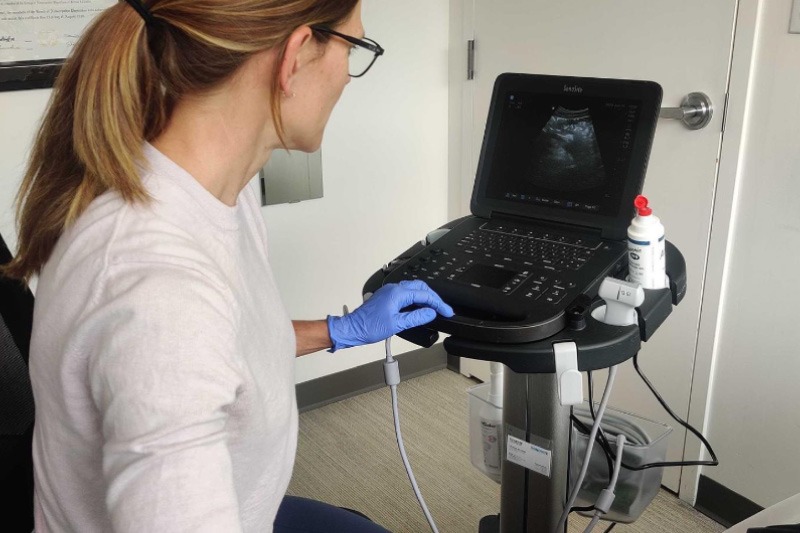IUD Insertion in Vancouver: Types, Benefits & Safety
Are you considering an IUD insertion as a long-term birth control option? At Mint Integrative Health, we offer IUD placement services in a comfortable and professional environment. Our clinic provides personalized consultations to help you choose the best contraception for you.
Read More















